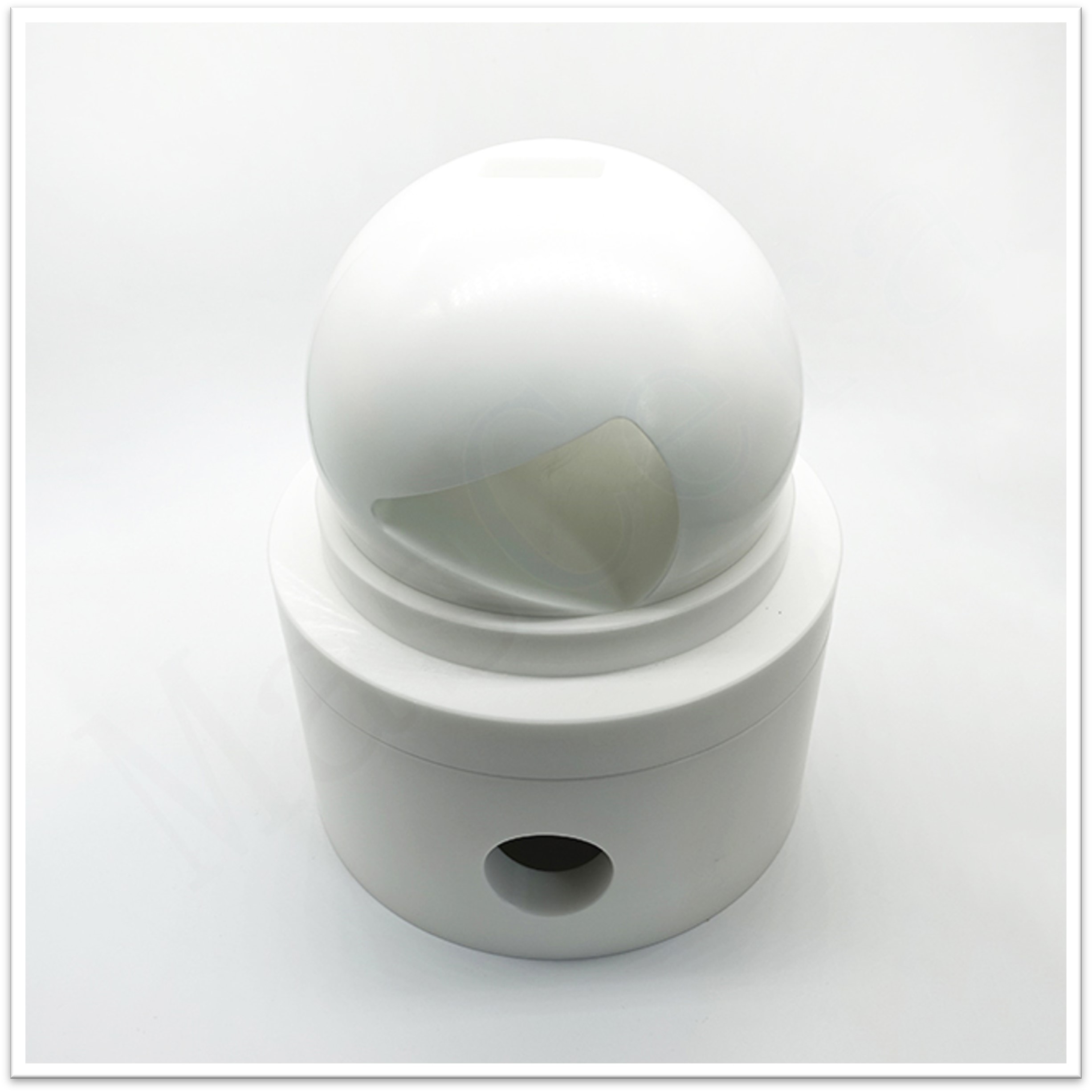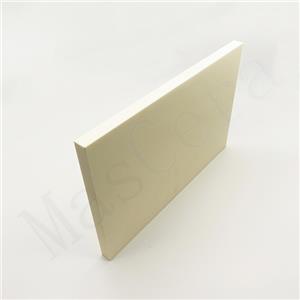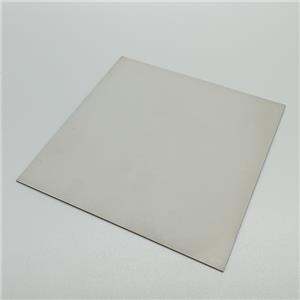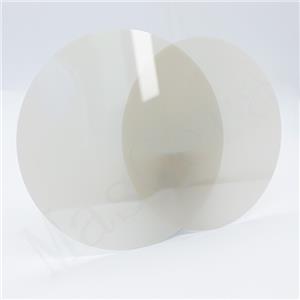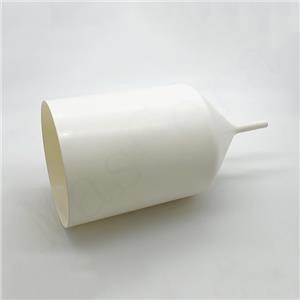Ceramic Valves: Optimal for Extreme Pipeline Environments
Valves play a crucial role in pipeline transport by controlling and regulating the medium being conveyed. Metal valves have a long history of use, but their inherent limitations increasingly render them unsuitable for harsh conditions involving high wear and strong corrosion. Short lifespans and poor sealing performance, leading to frequent leaks, can significantly impact the stability of system operations.
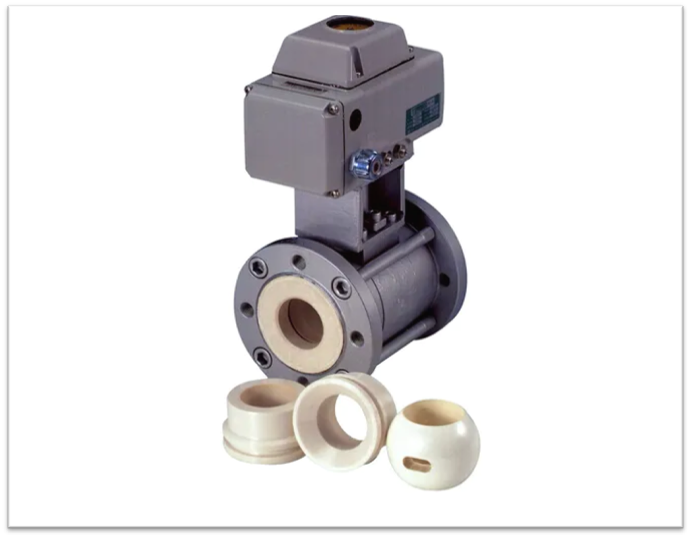
With the rapid development of the chemical industry and the increasing number of special projects involving strong corrosion, high temperature and pressure, and toxic substances, there are higher demands on valves, the most commonly used components in chemical pipelines. New ceramic valves, characterized by exceptional hardness, insulation, thermal conductivity, high-temperature resistance, oxidation resistance, abrasion resistance, wear resistance, and high-temperature strength, have emerged to meet these stringent conditions, demonstrating high stability and excellent mechanical performance.
1、Advantages of New Ceramic Valves
(1)Long Service Life
Compared to other materials, ceramic valves exhibit a much longer effective service life in high-temperature and high-pressure environments. This not only ensures the normal operation of the chemical transportation industry to a certain extent but also reduces production costs and enhances valve efficiency.
(2)Wide Application Range
Ceramic valves have a broad range of applications, including power generation, chemical industries, metallurgy, mining, and wastewater treatment.
(3)Mature Manufacturing Process
With continuous technological advancements, the manufacturing processes for ceramics, such as ingredient mixing, processing, and forming, have become more sophisticated and refined.
(4)Abundant Raw Material Sources
The raw materials for ceramic valves are widely available. Materials containing aluminum and silicon can be processed into ceramics.
(5)Superior Performance
Ceramic valves have superior high-temperature resistance, wear resistance, and corrosion resistance compared to other types of valves. Additionally, they offer excellent sealing and thermal conductivity.
(6)Low Manufacturing Cost
The widespread availability of ceramic raw materials saves rare metal resources. Ceramic valves also reduce labor intensity, ensure smooth system operation, and lower maintenance and replacement costs, effectively reducing overall usage costs.
The sealing surfaces and fluid-contacting parts of ceramic valves have a very high hardness (Rockwell HRA ≥ 88, equivalent to Rockwell HRC ≥ 70). Ceramic valves are stable in performance, and the ceramic components possess excellent self-lubricating properties, resulting in low torque and facilitating remote control.
2、Common Components and Types of Ceramic Valves
In ceramic valve composition, one approach involves embedding or bonding a ceramic protective layer onto the metal surface, using the metal as the supporting framework. This method combines the metal's hardness and ductility with the ceramic's protective properties, overcoming ceramics' brittleness and low strength.
Another approach features a solid ceramic structure, treated with processes such as isostatic pressing and hot pressing sintering. This maximizes the advantages of ceramics while addressing technical challenges.
For ceramic applications, the connection methods of valves must suit ceramic properties. For instance, ceramic ball valves and butterfly valves should not use embedding or bonding due to their special structures. The main chemical component of these ceramic valves is Zirconium Oxide (ZrO2), differing from the Al2O3 ceramics in their manufacturing and treatment processes.
👉️Zirconia Ceramic Balls And Ceramic Seats For Ball Valve
3、Applications of Ceramic Valves in Engineering
Ceramic valves are widely used in various industries, including:
(1)Flue gas desulfurization (FGD) systems in power plants
(2)Fly ash, slag removal, and combustion (coal injection) systems
(3)Sintering flue gas desulfurization (EPC) in steel mills
(4)Waste incineration flue gas purification
(5)Chlor-alkali industry
(6)Wastewater and solid waste treatment
In harsh working environments, ceramic valves offer unique advantages and excellent performance compared to other valve materials, such as:
(1)Effectively preventing wear and corrosion from impurities like limestone, gypsum slurry, and chloride ions.
(2)Effectively resisting industrial dust and metal powders like steel and iron.
(3)Efficiently handling solid waste.
(4)Meeting the production needs of the chlor-alkali industry.
As society demands higher standards for environmental protection, economy, and performance, and with continuous technological innovation, ceramic valves' usage scope is expanding, their mechanical stability is improving, and their economic value is increasing.
XIAMEN MASCERA TECHNOLOGY CO., LTD. is a reputable and reliable supplier specializing in manufacturing and sales of technical ceramic parts. We provide custom production and high precision machining for a wide series of high performance ceramic materials including alumina ceramic, zirconia ceramic, silicon nitride, silicon carbide, boron nitride, aluminum nitride and machinable glass ceramic. Currently, our ceramic parts can be found in many industries like mechanical, chemical, medical, semiconductor, vehicle, electronic, metallurgy etc. Our mission is to provide the best quality ceramic parts for global users and it is a big pleasure to see our ceramic parts work efficiently in customers' specific applications. We can cooperate on both prototype and mass production, welcome to contact us if you have demands.

